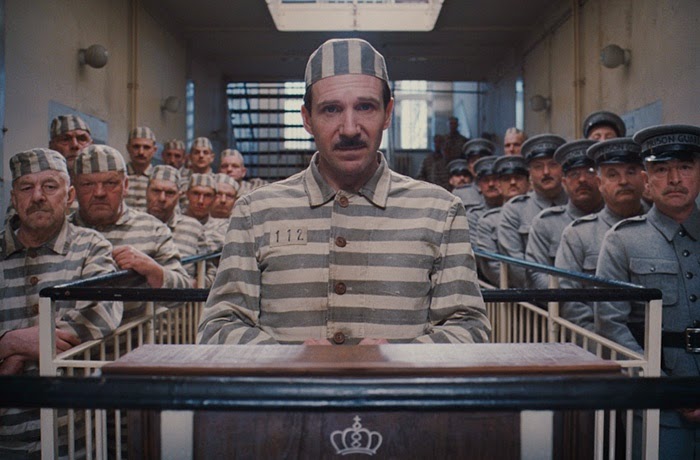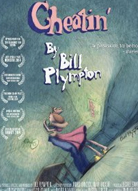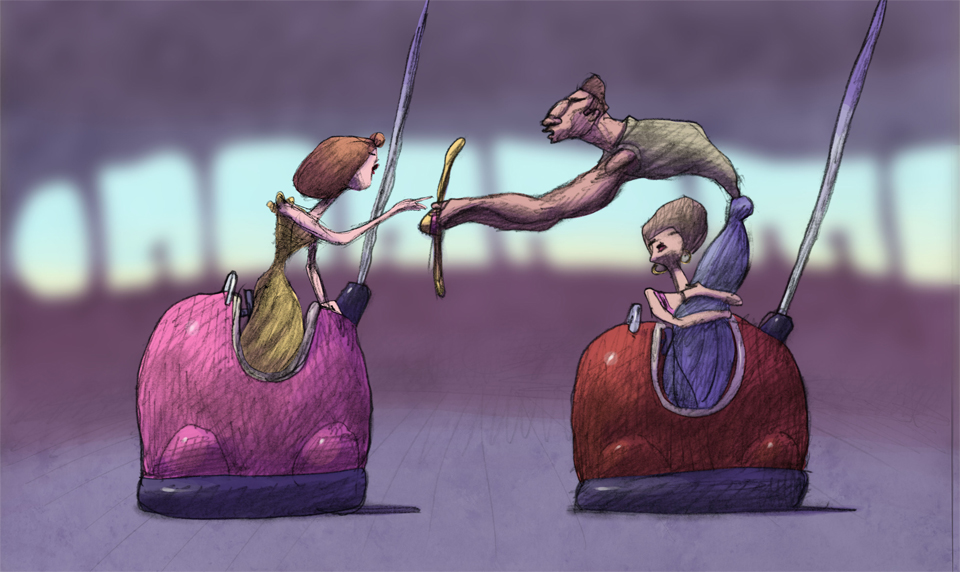Reader for more binge-watching? The new Netflix event Marco Polo debuts tomorrow! Here's Jose to talk to its glamorous stars...
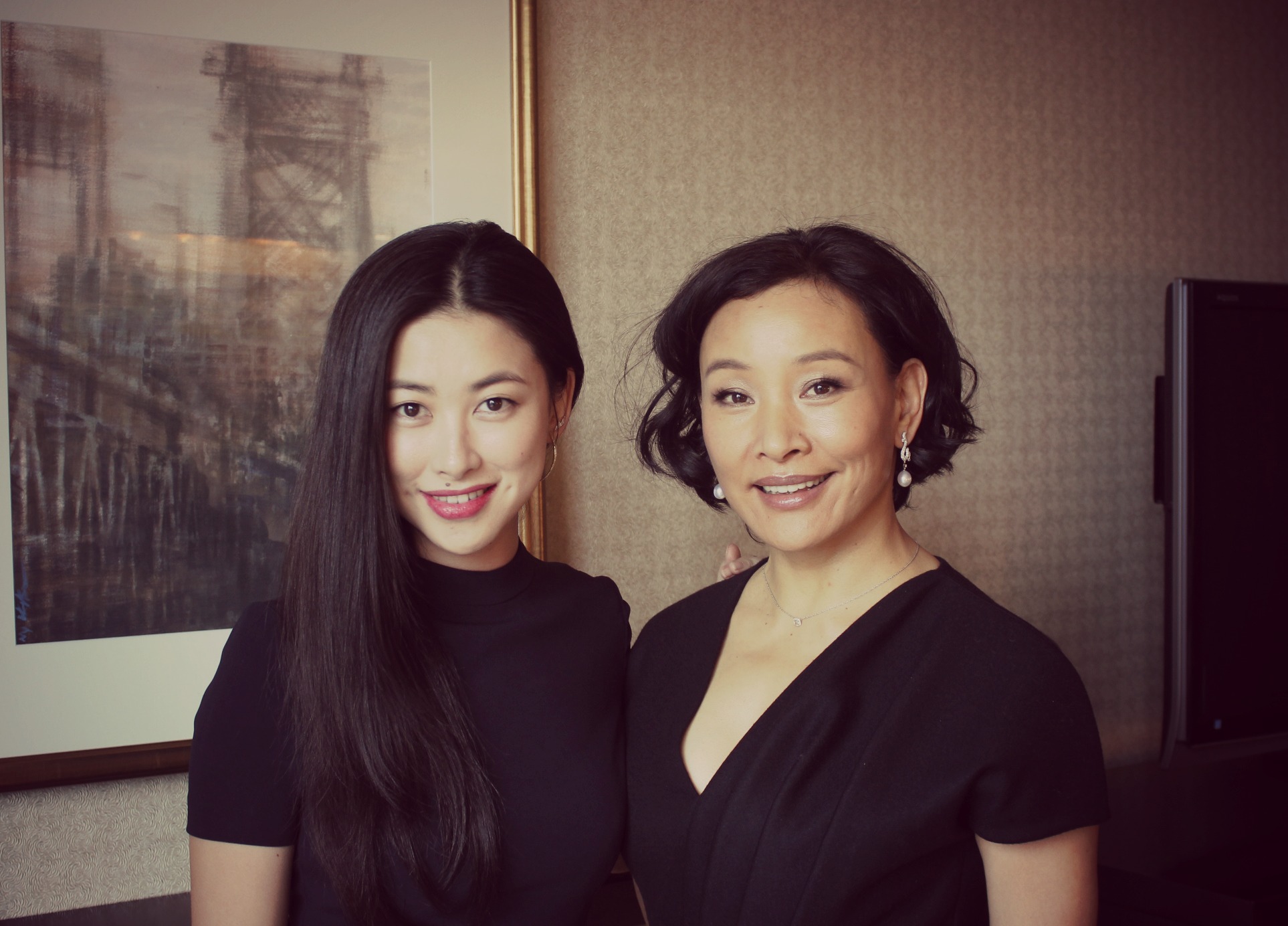
The most surprising thing about Netflix's new series Marco Polo may be how much attention it gives to its non-titular female characters. Keep in mind, that the show takes place during the 13th century, an era in which women had little say in politics and were ignored by the history books filled as they are with male explorers and conquistadors, including the title character played by the gorgeous Lorenzo Richelmy. In a show which could have treated its women like decorative supporting objects, series creator John Fusco, the writers, and the actresses make them the most fascinating people we meet. As the boys plan wars, train in kung fu and engage in sword fights of all varieties, the women show their power through intellect.
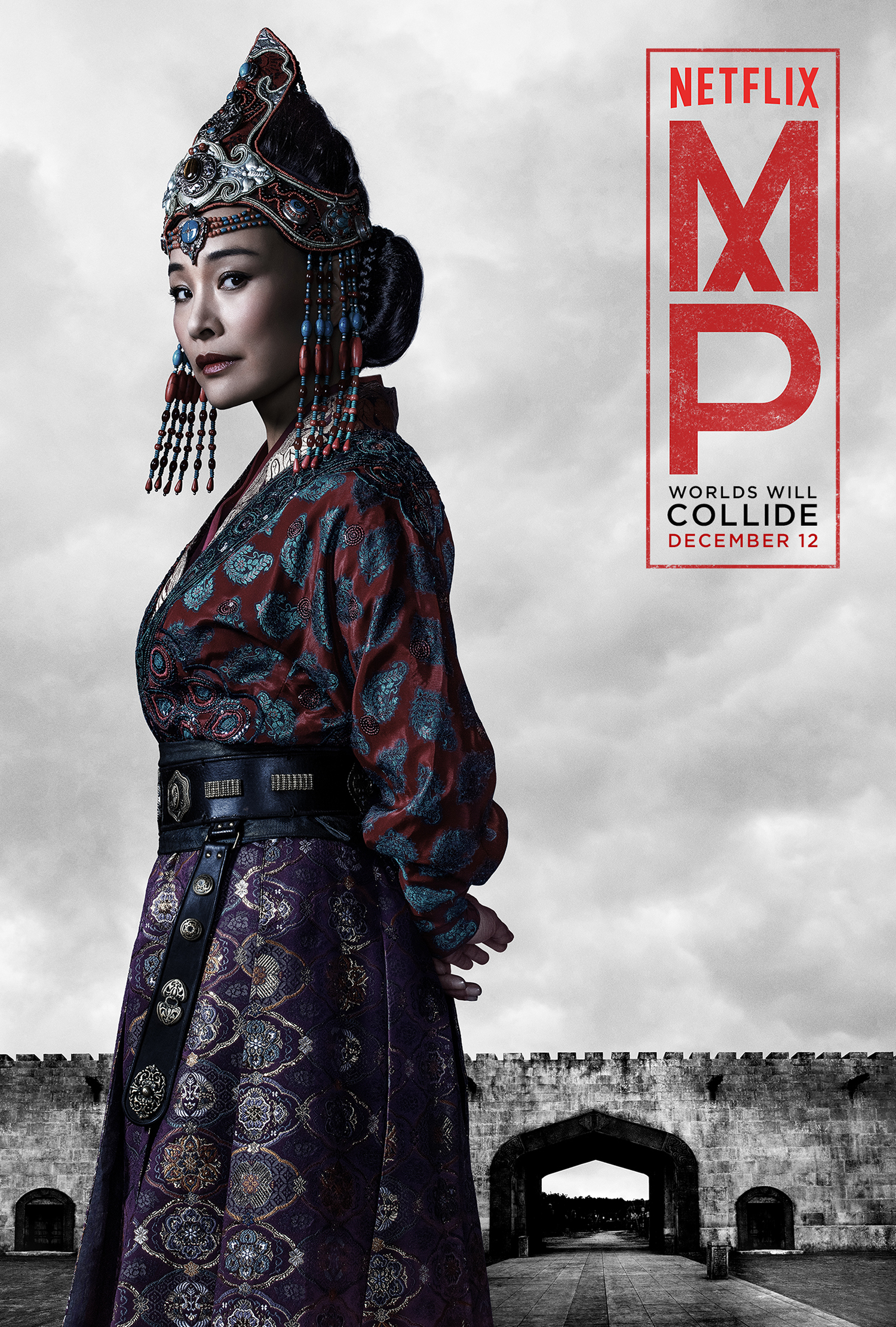 Two of the best characters in the show are Empress Chabi, played by international film and television goddess Joan Chen (Twin Peaks, Lust Caution), and Princess Kokochin, played by Zhu Zhu. Where the former is serene, to the point where her harshest decisions become chilling, the latter is more explosive.
Two of the best characters in the show are Empress Chabi, played by international film and television goddess Joan Chen (Twin Peaks, Lust Caution), and Princess Kokochin, played by Zhu Zhu. Where the former is serene, to the point where her harshest decisions become chilling, the latter is more explosive.
Other than its lead (Richelmy), who during the first season is mostly a vessel through which we see the clash of cultures, Marco Polo’s ensemble is completely non-white, something Chen highlighted during our conversation. In a time when Hollywood continues to practice whitewashing in casting, it's refreshing to see a show with people of so many different nationalities and races.
Chen and Zhu Zhu were gracious enough to discuss their process, their inspiration and the importance of history. Our talk is after the jump.
Click to read more ...
 Friday, December 12, 2014 at 5:21PM
Friday, December 12, 2014 at 5:21PM 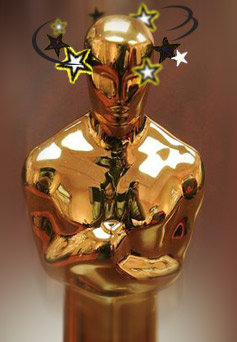 We're recording again soon. As I update the Oscar charts tonight, what questions would you like to ask Nathaniel, Nick, Joe and Katey about the race as it stands post critics and televised award show nominations?
We're recording again soon. As I update the Oscar charts tonight, what questions would you like to ask Nathaniel, Nick, Joe and Katey about the race as it stands post critics and televised award show nominations?  Oscars (14),
Oscars (14),  precursor awards
precursor awards 




